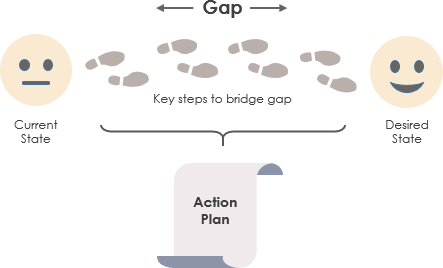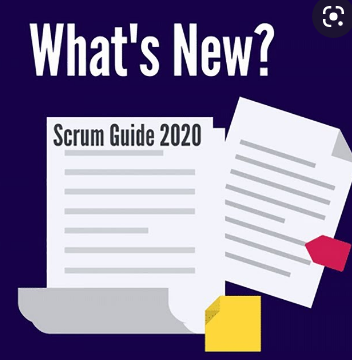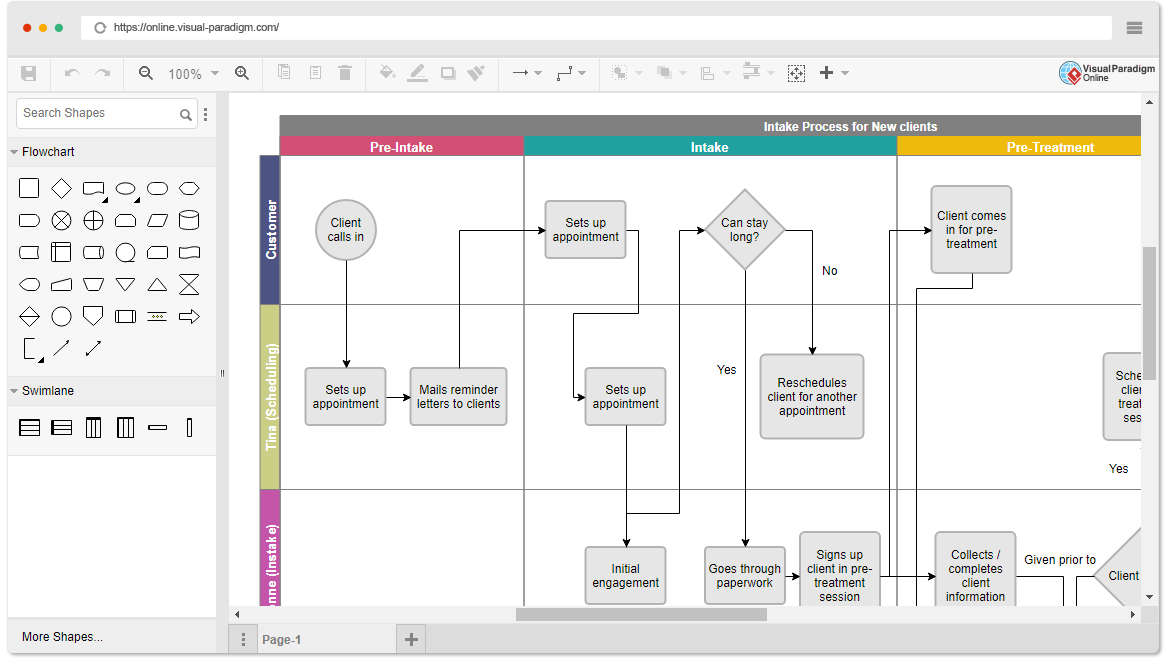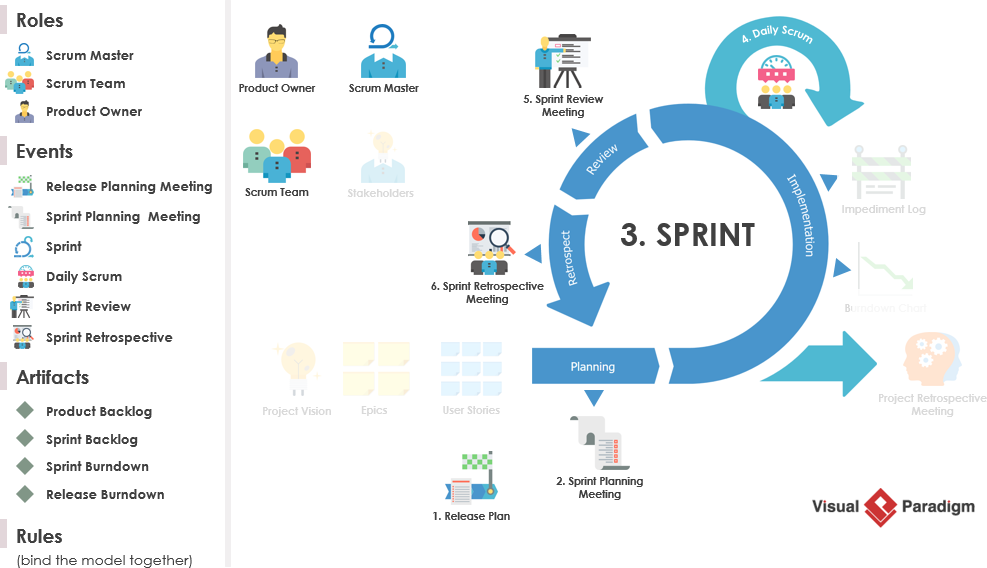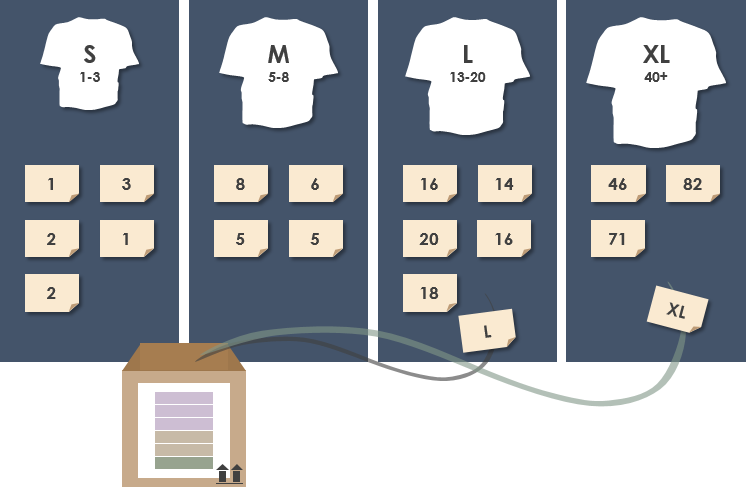Brainstorming is a group creativity technique by which efforts are made to find a conclusion for a specific problem by gathering a list of ideas spontaneously new ideas and possibilities. It’s a classic method widely used in business activities such as problem-solving, failure analysis, new product ideas, sales increasing, product improvements, etc.
Continue reading


